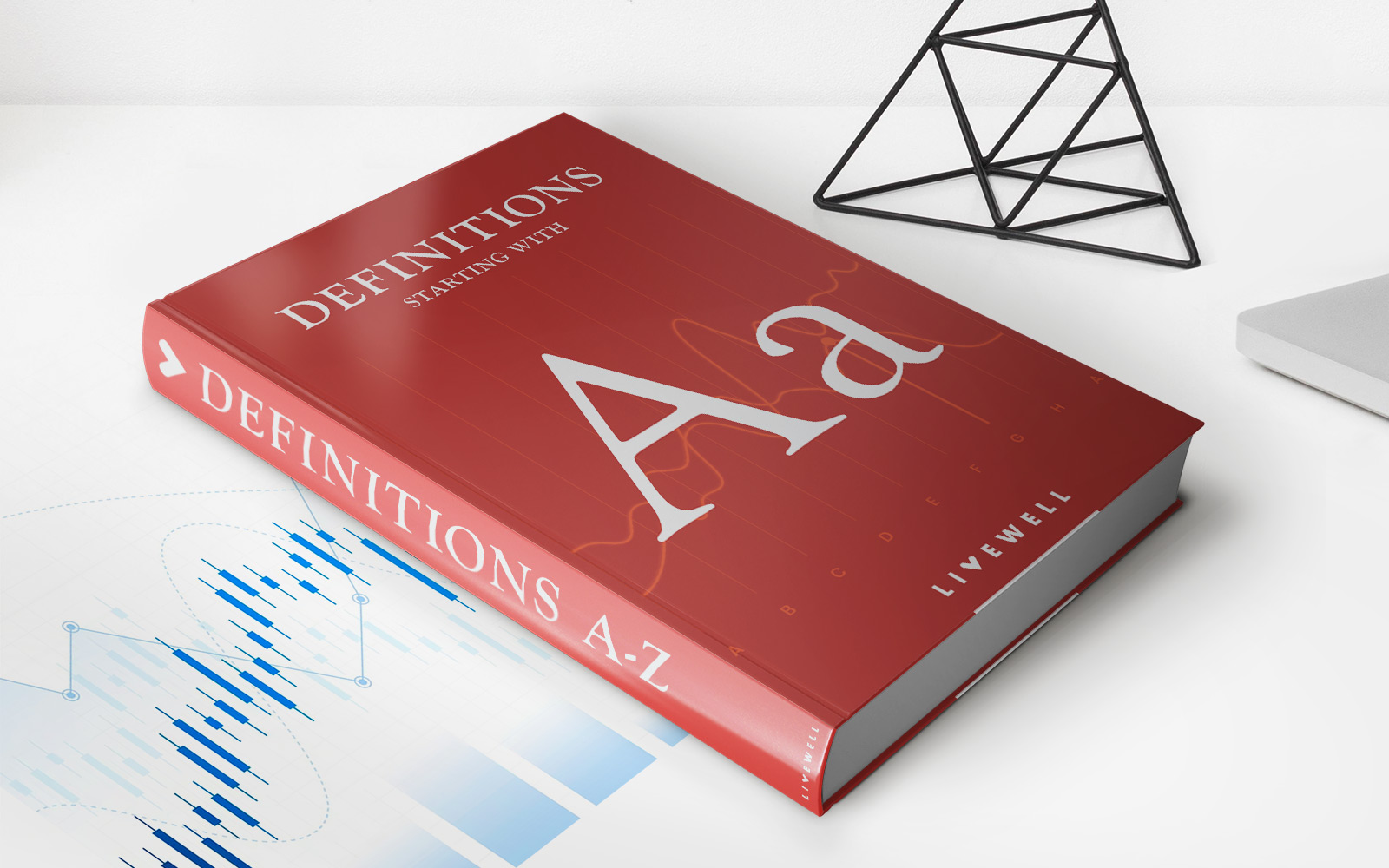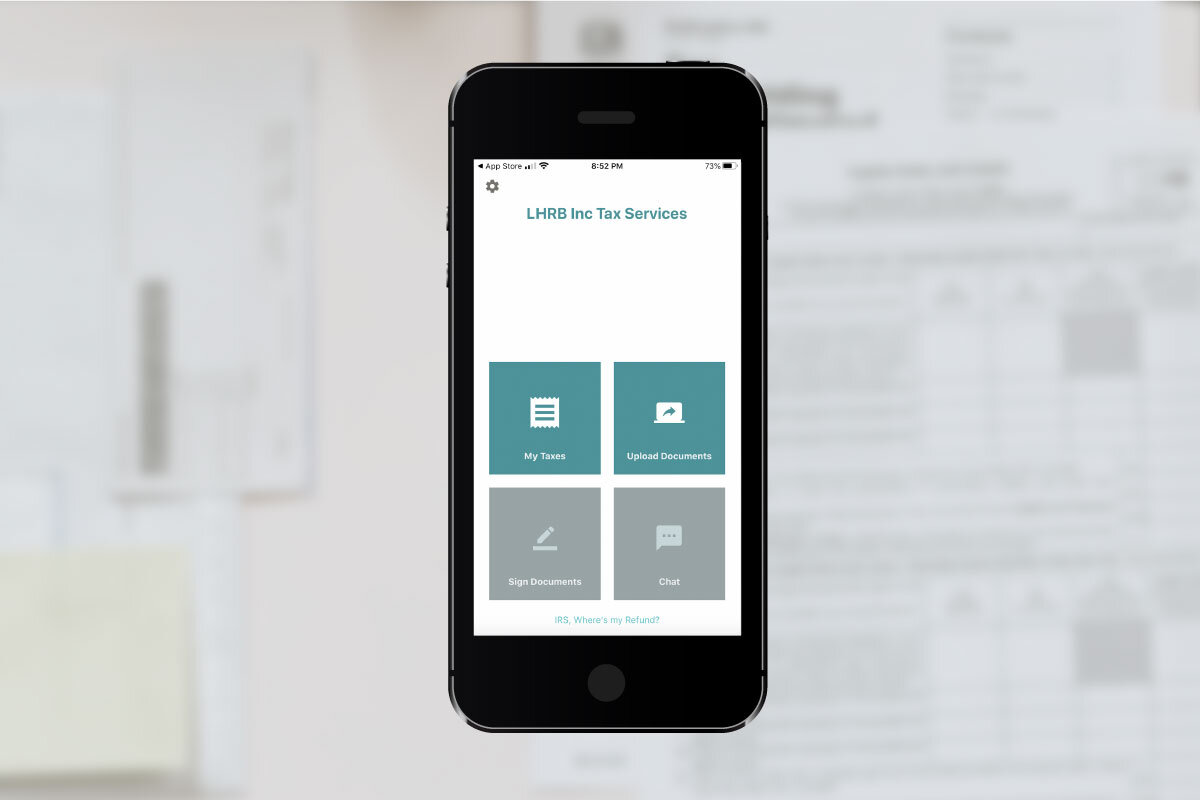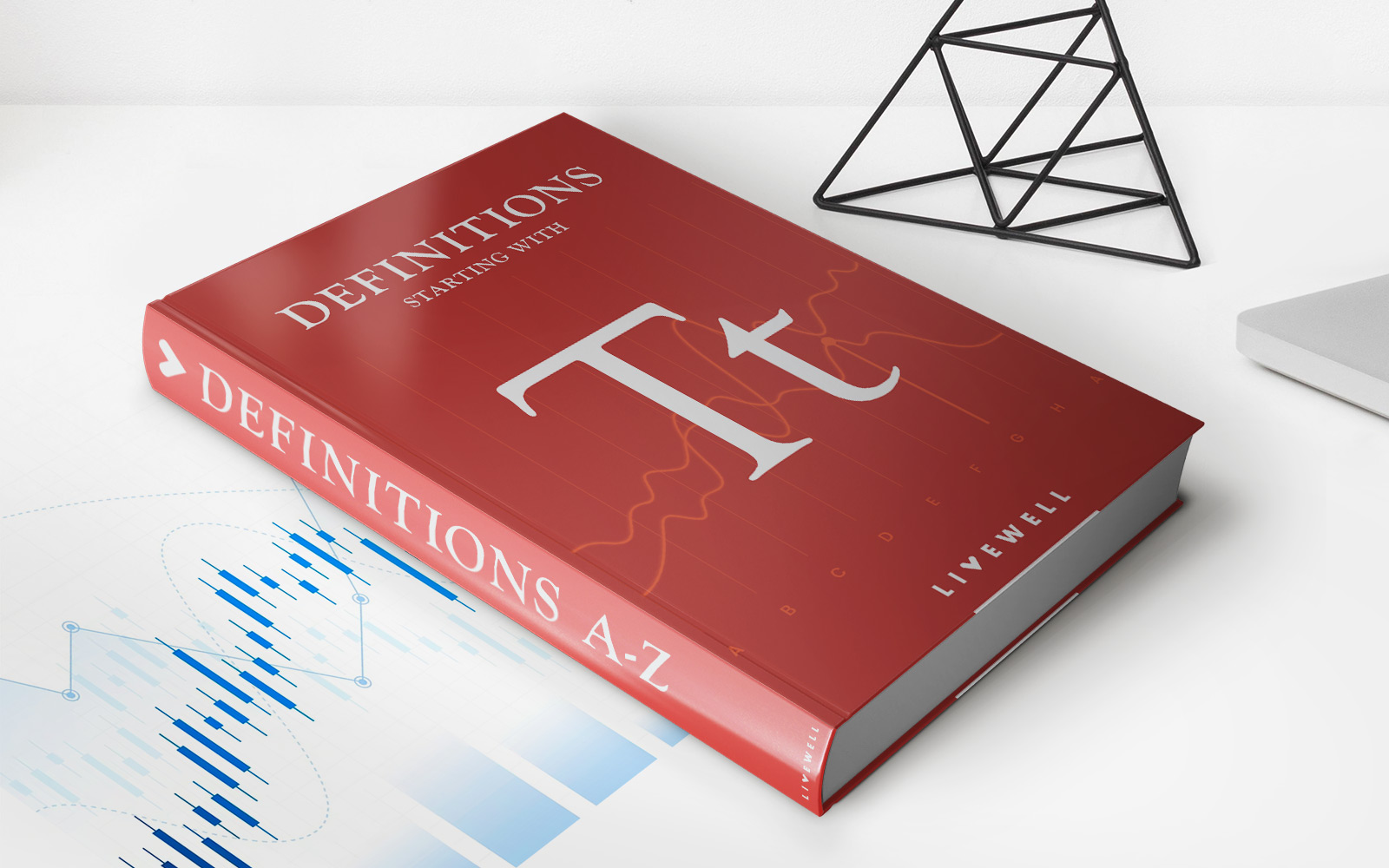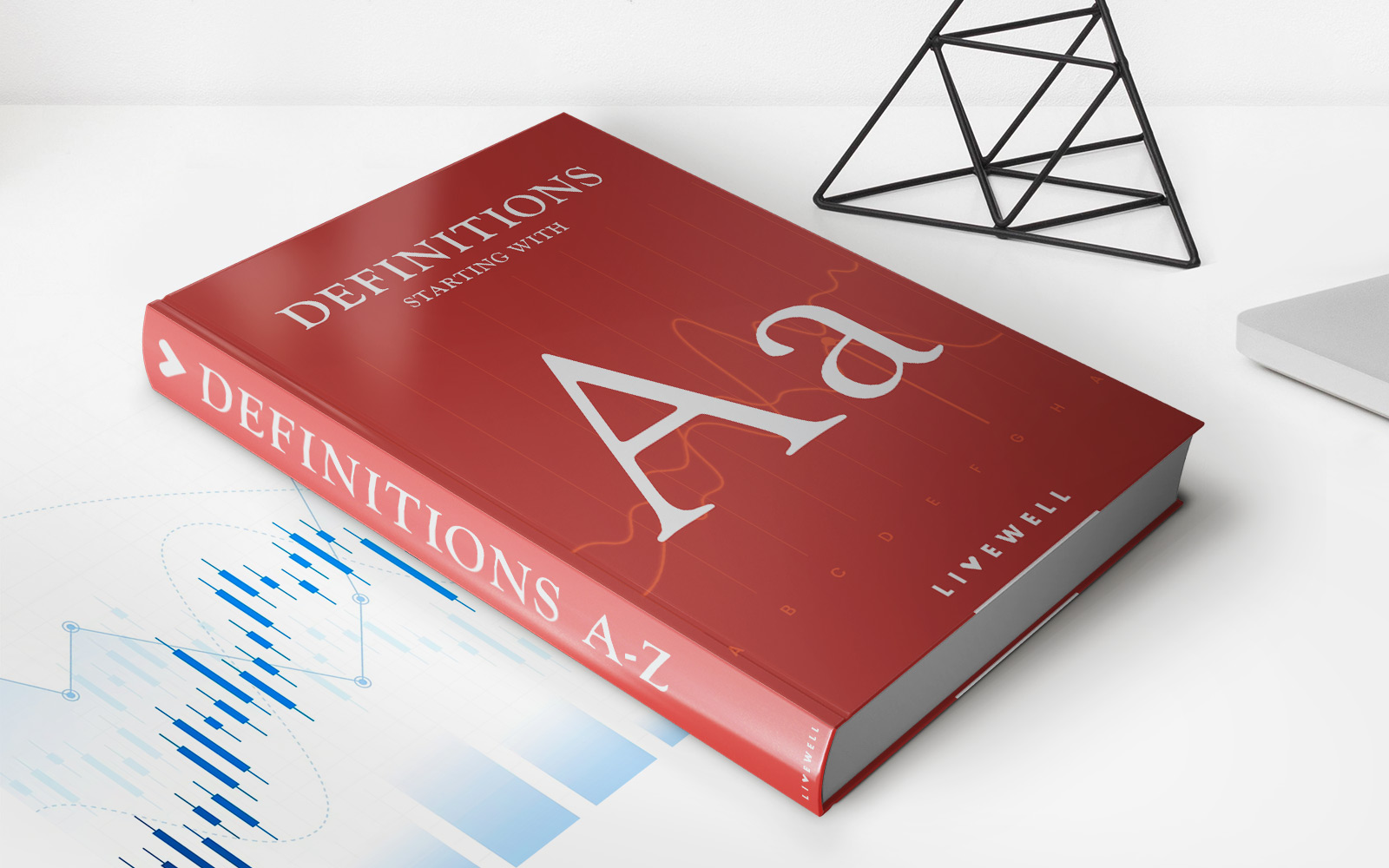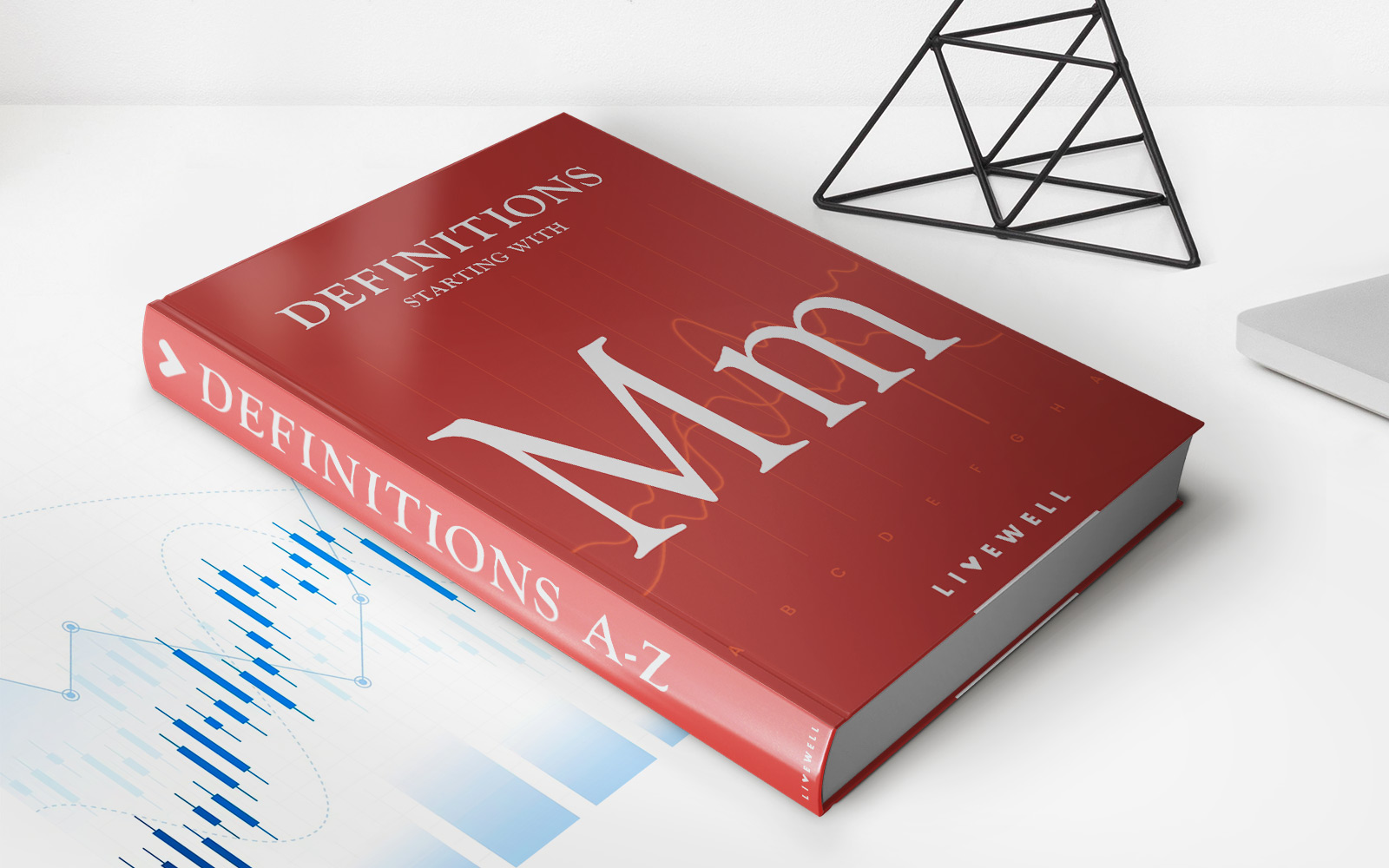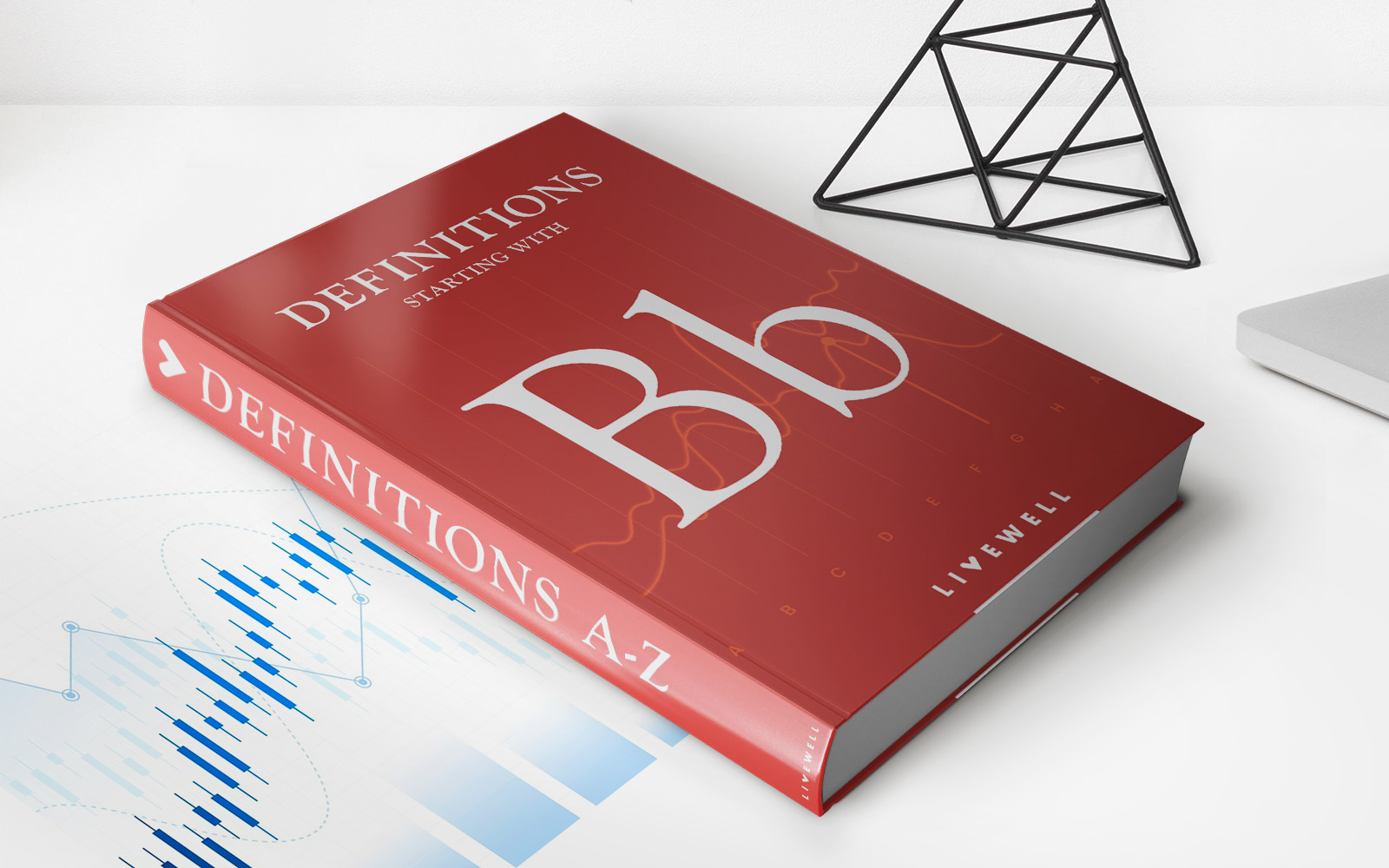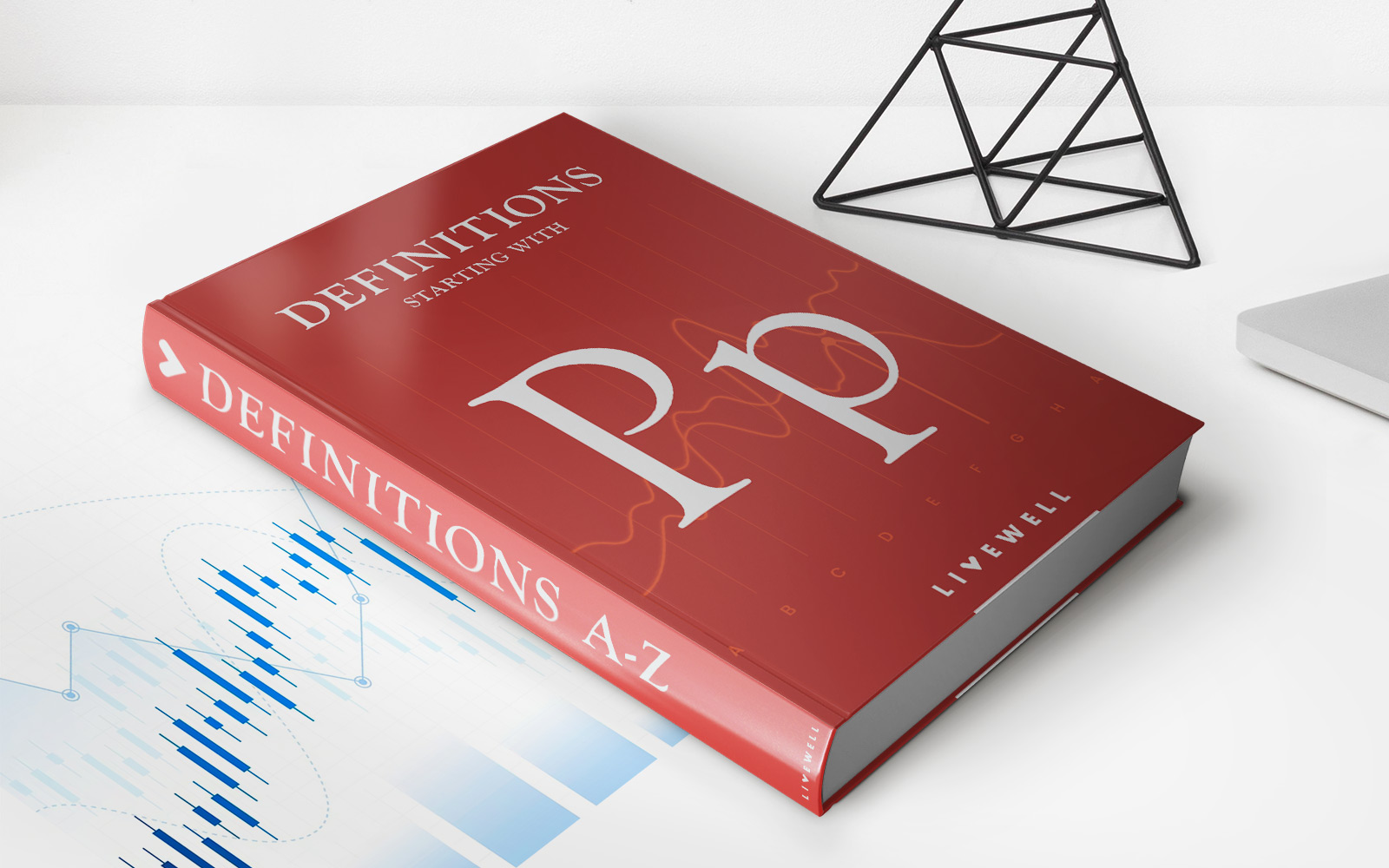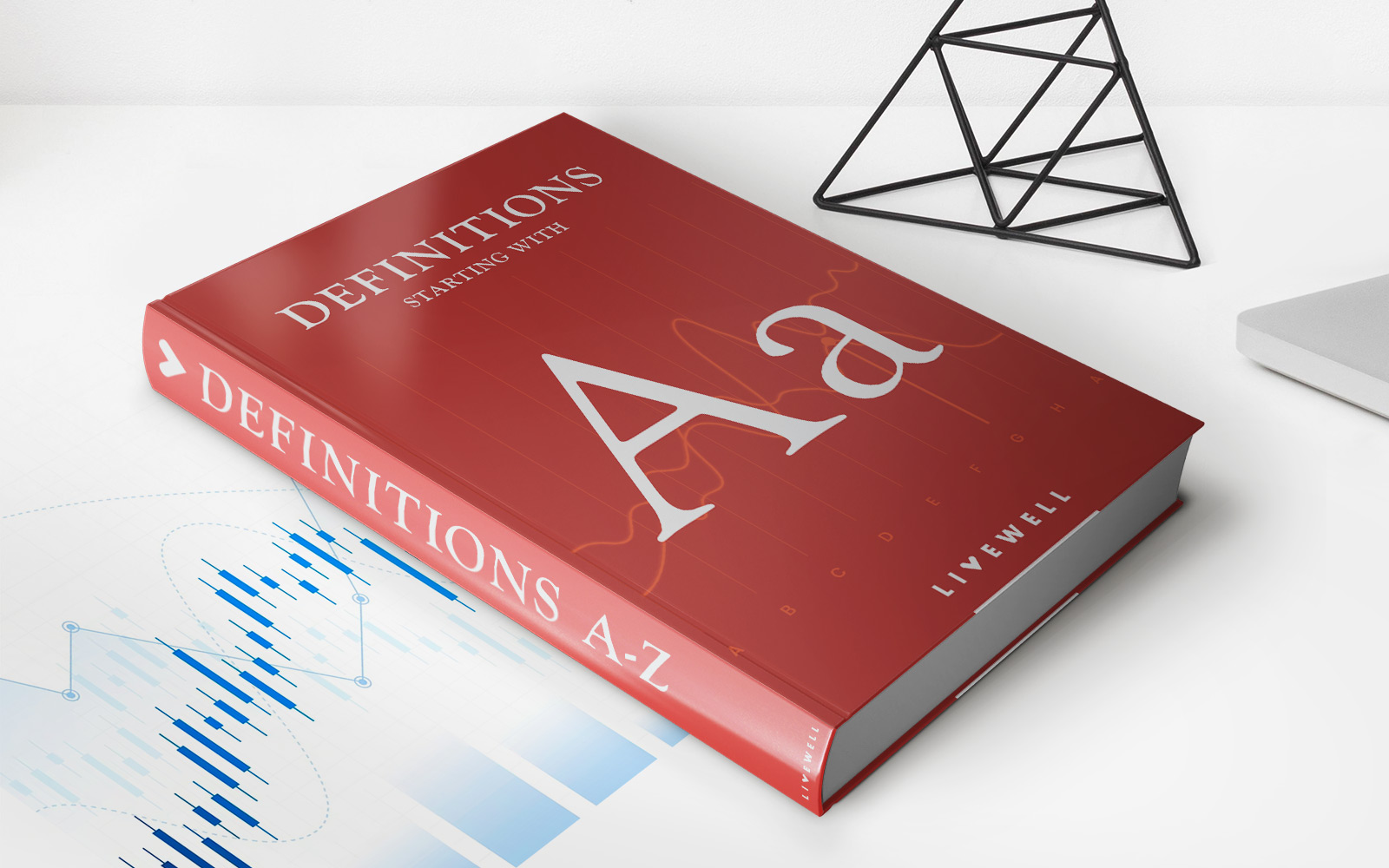

Finance
Alternative Documentation Definition
Published: October 6, 2023
Learn about alternative documentation in finance and its definition. Understand how it can impact financial transactions and lending practices.
(Many of the links in this article redirect to a specific reviewed product. Your purchase of these products through affiliate links helps to generate commission for LiveWell, at no extra cost. Learn more)
The Basics of Alternative Documentation in Finance
Are you familiar with alternative documentation in the world of finance? If not, don’t worry, we’ve got you covered. In this blog post, we’ll provide you with a comprehensive understanding of what alternative documentation is and why it’s important in the financial industry.
Key Takeaways:
- Alternative documentation is a method used in the financial industry to provide evidence of income and assets when traditional methods, such as pay stubs or tax returns, are either unavailable or insufficient.
- This type of documentation is commonly used by self-employed individuals, freelancers, entrepreneurs, and others who may not have a standard salary or regular employment.
So, what exactly is alternative documentation? In simple terms, it refers to a range of documents and strategies that provide a credible and alternative way to verify income and financial stability. Traditional methods of documentation, such as pay stubs and tax returns, may not always accurately reflect the financial situation of those who have non-traditional sources of income or irregular pay schedules. That’s where alternative documentation comes into play.
Here’s why alternative documentation is important:
- Flexibility for Self-Employed Individuals: Alternative documentation allows self-employed individuals, such as freelancers and gig economy workers, to provide evidence of income and assets without relying on traditional employment records.
- Access to Financial Benefits: Alternative documentation enables individuals who may not have a typical job or steady income to access financial opportunities, such as loans, credit cards, or mortgages.
- Accurate Assessment of Financial Standing: For certain individuals, traditional employment records may not provide an accurate reflection of their financial capability. Alternative documentation ensures a more accurate assessment of financial stability.
Here are some common documents and strategies used for alternative documentation:
- Bank Statements: Providing bank statements can serve as evidence of income and savings over a certain period, giving lenders an idea of an individual’s financial health.
- Profit and Loss Statements: Self-employed individuals can provide profit and loss statements to demonstrate the profitability of their business and showcase their ability to repay financial commitments.
- Alternative Credit References: Instead of relying solely on credit scores, lenders may consider alternative credit references, such as rent and utility payment histories, to assess creditworthiness.
Alternative documentation provides a necessary solution for individuals who do not fit into the traditional financial framework. By accepting alternative forms of proof, financial institutions can offer opportunities to a wider range of individuals and ensure fair access to financial benefits.
In conclusion, alternative documentation plays a vital role in the financial industry by providing credibility to individuals who may not have standard employment records. It offers flexibility, access to financial benefits, and accurate assessment of financial standing. Whether you’re a freelancer, self-employed, or have unconventional income streams, alternative documentation is a tool that can help you achieve your financial goals.
